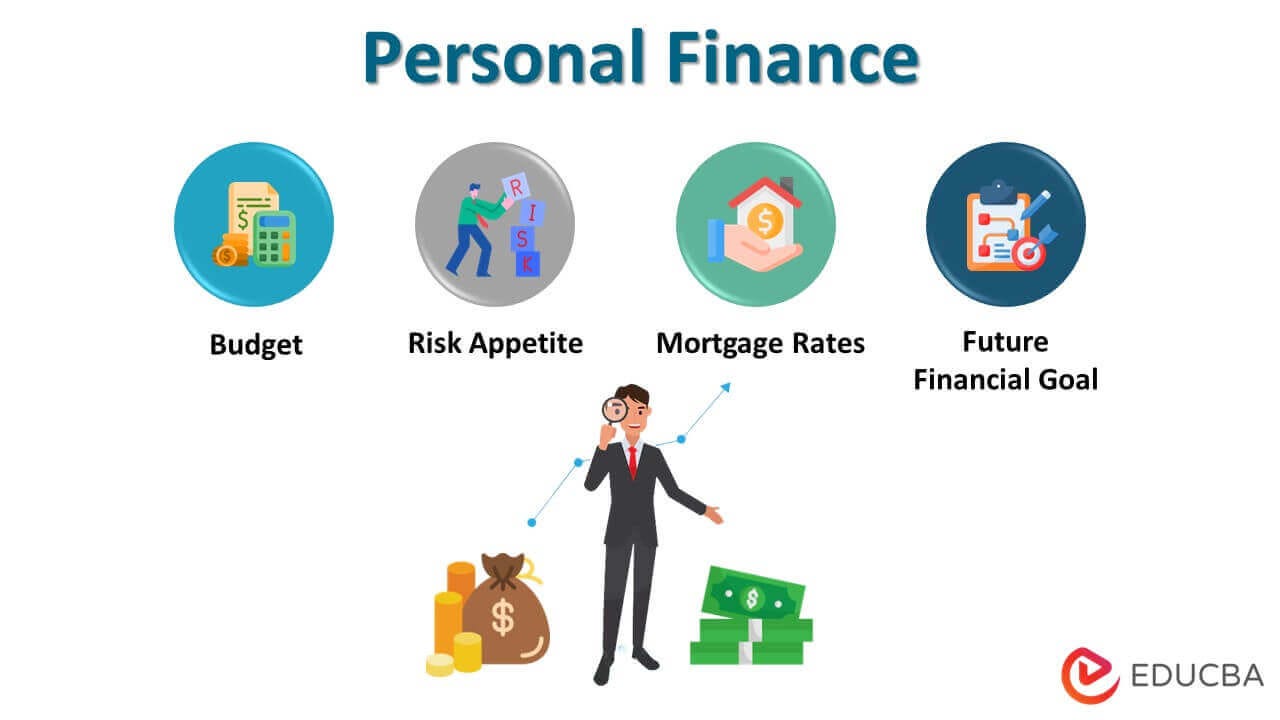Building wealth, retiring comfortably and leaving an inheritance requires smart planning, disciplined saving and strategic investing. Start this year off right by setting clear goals and creating a budget.
Debt management and expenses control are both key elements to financial wellbeing. Implementing SMART goals backed by insurance will help ensure you stay on the path toward financial freedom.
1. Set Financial Goals
An effective financial plan will keep you accountable and confident about your efforts to build wealth. Create SMART goals which are specific, measurable, attainable, relevant and time-bound.
An example of short-term goals could include purchasing a lake cabin by 2025; financing the costs of studying abroad programs such as quarter or year long study abroad programs; or saving enough to buy retirement home by 2040. Set specific dates for milestones so you have an easy framework within which to work and checkpoints along the way so that your progress is tracked easily.
As life changes, it’s also essential that your financial goals be reviewed and revised regularly. A major career shift or shifting priorities could prompt you to reconsider your savings rate, investment strategy and risk tolerance – though small adjustments might suffice in getting back on track and reaching your goals again – such as cutting unnecessary purchases such as impulse buys or subscriptions so as to free up funds for other goals.
2. Earn More
One of the key ways to build wealth is through income growth. A higher salary allows you to save and invest more of your funds over time, giving your portfolio time to flourish and flourish.
Add to your earnings by reducing unnecessary spending or saving for major expenses. A budget will show how much money is going out the door each month – as well as where cuts could be made.
Add another way to increase your income: expand or change your professional skills or consider making a career shift. Doing this could result in greater financial security that helps you meet long-term goals such as retiring early or becoming financially independent.
Note, however, that going too far in one direction of earning more can quickly become a source of anxiety and discomfort. Therefore, finding a balance and prioritizing both strategies – savings plans, emergency funds, paying off debt and investing your funds are essential steps towards building wealth.
3. Create a Budget
Growth of income is key to building wealth; however, spending and debt management must also be managed carefully in order to avoid becoming indebted. A great place to begin this task is creating a budget.
Track your daily expenses for at least a month using either an online tool or spreadsheet, and be surprised to see just how much money is being spent on dining out and entertainment! By tracking what you spend, it becomes much easier to plan for future financial goals while pinpointing areas in which costs could be cut to reach them more efficiently.
Establish a shopping strategy which requires you to wait 48 hours before making an impulse purchase and assess subscription services to determine if they provide maximum value. Furthermore, set aside part of your paycheck each pay period automatically towards savings; this can help create an emergency fund and reach long-term savings goals more easily.
4. Protect Your Assets
Wealth building for many is about amassing assets and financial resources that will enable them to achieve financial security, retire comfortably, and create a legacy for future generations. It involves making long-term sacrifices such as diversifying income sources, carefully overseeing debt payments, and investing wisely over time.
Start by building up your skillset so as to qualify for higher-paying positions or exploring side ‘gigs’ that allow you to monetize your expertise or hobbies. Lower living expenses while setting aside any surplus cash; this provides a cushion in case of job loss or market fluctuations.
Proactively protecting your assets should also be of top priority. An emergency fund, diversified investments (such as tax-advantaged retirement accounts such as 401(k)s), life and disability insurance policies and estate plans are all great ways to guard against unexpected events that could thwart your financial success.
Make the first month of the new year an efficient one when it comes to taxes: make use of your recent pay stub or profit-and-loss statement to estimate your 2025 taxable income and ensure that withholding and quarterly payments are properly set.
5. Invest Your Money
If you want to build wealth, start making wise financial moves now. Reduce debt, build an emergency fund and save/invest can all help bring financial security.
Start by setting financial goals, living within your means and paying down credit card debt to make room for investments. Next, explore ways of increasing income such as advancing in your career or starting side hustles; finally start setting aside money each paycheck specifically for investment purposes.
Investing can seem intimidating at first, with all its options and complex terms and concepts to take in. But with the right strategy in place, investing can help increase wealth accumulation while outstripping inflation.
Understanding your goals when investing is of utmost importance. Deliberate on whether you’re saving for retirement, purchasing a home, etc.) and how long your time horizon is before determining how much risk to take with your investments. Decide whether you want to manage them yourself or consult a financial professional; finally diversify your portfolio for maximum risk reduction and increased returns.







Leave a Reply